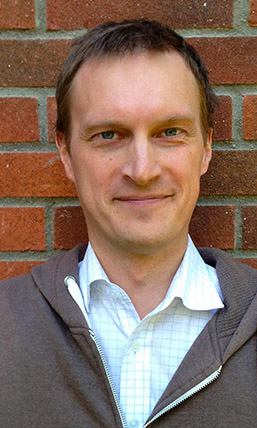Human Cell Atlas takes first steps to understand early human development
Researchers from the global Human Cell Atlas (HCA) Consortium have sequenced 250 000 cells involved in early human development and preliminary data analysis is now underway. The Swedish part of the effort, called the Human Developmental Cell Atlas (HDCA) program, includes researchers from Karolinska Institutet, Stockholm University and KTH, focusing on brain, lung, heart and fetal development during the first 12 weeks of pregnancy. The aim is to create genomic reference maps of all cells that are important in human development, to understand health and disease, from miscarriages and children’s developmental disorders, to cancer and aging.

Sten Linnarson, KI/SciLifeLab, is one of the researchers that have developed the techniques at the Eukarytoic Single Cell Gemomics unit at SciLifeLab, that is enabling the project.
“About a third of neurological disorders are developmental in origin, including autism, schizophrenia, and intellectual disability. Developmental heart disorders are the most common complication in newborns, and incomplete lung development is the most common cause of death in extremely premature babies. Learning about how these organs develop will help us make progress on disorders that severely affect large numbers of babies and children.” Said Sten Linnarsson.




